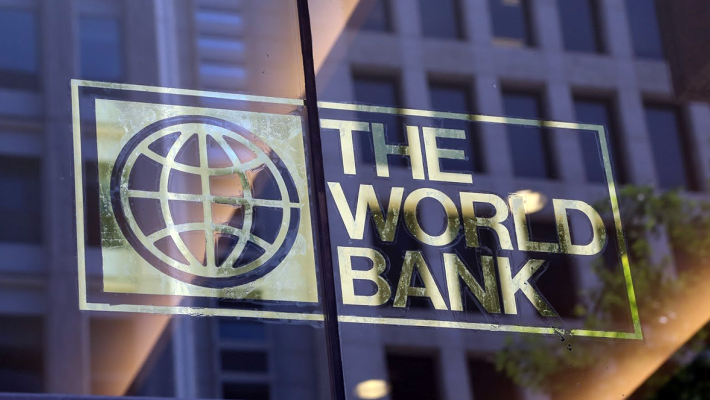-

-
Wikirise.com Advertise with Us HereStats: 4,783 members, 41,615 Posts
Number of Comments : 2,630
Date: Saturday, 23rd November 2024
World Bank spends $114.9 billion on global crises in 2022
By Godwin Emmanuel - July 16, 2022 | Categories: Business Tags: Economy
Share this post:

The World Bank Group says it has responded to the overlapping global crises by deploying $114.9 billion in financing in 2022.
In a statement on its website, the World Bank said from July 1, 2021, to June 30, 2022, it responded with unprecedented scale to overlapping global crises.
It said it provided advice and financing in response to the sharpest economic slowdown in eight decades, rising inflation, deepening food insecurity, war and fragility, and the continued negative impact of the COVID-19 pandemic.
“Amid these devastating crises, the World Bank Group deployed a record 114.9 billion dollars in the year under review,” it said.
The statement quoted the World Bank Group president, David Malpass, as saying, “developing countries are facing multiple challenges from war to surging food and energy prices. This deepens inequality and leads to reversals in development gains.”
The statement said the International Bank for Reconstruction and Development (IBRD) and International Development Association (IDA), both part of the World Bank, committed $70.8 billion in assistance in 2022.
According to the statement, its highest ever level of commitments is nearly 70 per cent higher than the pre-crisis average of commitments from 2013 to 2019.
The statement said since the start of the COVID-19 pandemic, total World Bank Group financing reached $272 billion, including $52.6 billion in the last quarter of 2022.
It said as of June 30, 2022, the World Bank had approved $10.1 billion in financing for vaccine acquisition and deployment in 78 countries, of which $4.6 billion are for 42 countries in Africa.
According to the statement, for the 15 months from April 2022 to June 2023, financing is expected to reach $170 billion.
It said an important component of this funding would be devoted to food security, including social protection and projects in agriculture, nutrition, water, and irrigation.
The statement also said the bank continued to rapidly increase its climate financing in 2022, in line with the World Bank Group’s Climate Change Action Plan (CCAP) for 2021-2025.
The World Bank said it played a critical role in building and enabling the private sector in developing countries, which it does through the International Finance Corporation (IFC).
It said the IFC had a record year in 2022, with commitments reaching an all-time high of $32.8 billion, including $12.6 billion of commitments for IFC’s account.
It said the Multilateral Investment Guarantee Agency (MIGA), whose mandate was to drive impactful foreign direct investment to developing countries, issued $4.9 billion in new guarantees.
It said out of the $4.9 billion, 32 per cent was in IDA countries, 12 per cent was in FCS countries, and 28 per cent supported climate finance.
(NAN)